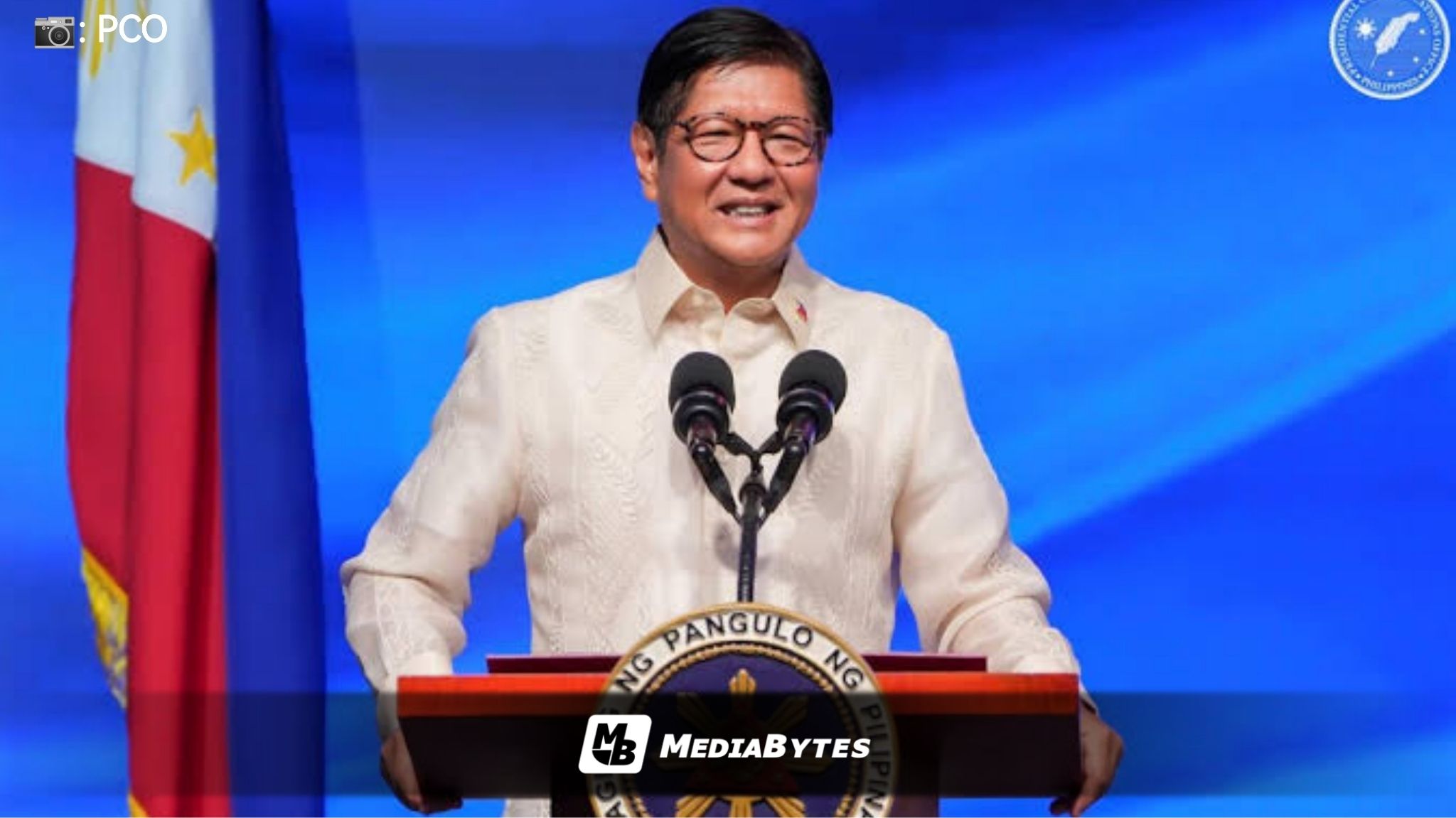President Ferdinand “Bongbong” Marcos Jr. arrived in the Philippines on Sunday afternoon, wrapping up what he described as a “fruitful” participation in the 32nd Asia-Pacific Economic Cooperation (APEC) Economic Leaders’ Meeting held in Gyeongju and Busan, South Korea.
The presidential aircraft landed at Villamor Airbase in Pasay City at 2:22 p.m., carrying the President and his official delegation.
In his arrival statement, Marcos said the high-level meetings centered on the region’s most pressing challenges, including supply chain disruptions, climate change, artificial intelligence, and economic inequality.
“Our engagements were robust, our discussions fruitful, and our shared commitment to collective action reaffirmed,” the President said.
“We saw alignment in the urgency for resilient growth, inclusive prosperity and sustainable development.”
During the summit, Marcos said he advanced Philippine priorities, such as closing the digital divide for micro, small, and medium enterprises (MSMEs), promoting digital literacy, strengthening supply chain resilience, and improving infrastructure connectivity across the region.
“These priorities were well-received,” he added, noting that the Philippines’ initiatives were reflected in the APEC outcome documents.
On the sidelines of the summit, the President met with South Korean President Lee Jae Myung and Chilean President Gabriel Boric to reaffirm bilateral relations and explore new partnerships in trade, innovation, and defense.
Marcos also held business discussions with major Korean conglomerates, including Samsung Electro-Mechanics, which signed a ₱50.7-billion expansion agreement expected to generate 3,000 new high-technology jobs for Filipino engineers and technicians.
He likewise engaged with Hanwha Ocean, which has expressed interest in supporting the Philippine Navy’s submarine program as part of the government’s push to modernize the Armed Forces.
The President ended his South Korea trip with a gathering of the Filipino community in Busan, where he commended overseas Filipinos for their hard work and continued support for national development.
“Now as we return home, let us all carry forward the momentum that we have built — translating our commitments and agreements into tangible results,” Marcos said.
The President’s visit marked another milestone in the Philippines’ diplomatic and economic engagement within the Asia-Pacific region, as the country seeks to strengthen partnerships in technology, sustainability, and defense cooperation.



